We continue with part 2 of our discussion with Fr. Spitzer….
For part 1 of our conversation visit here
In our conversation with Fr. Robert Spitzer, S.J., we enter into “God So Loved the World: Clues to Our Transcendent 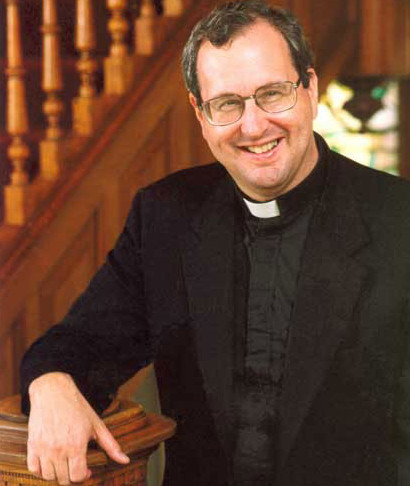 Destiny from the Revelation of Jesus“, which is the third installment of his “Happiness, Suffering, and Transcendence” series. Not only is Fr. Spitzer a brilliant theologian, but he has the heart of caring pastor who understands the needs of the questing minds of so many lost and wandering souls. With an extraordinary grasp of philosophy, theology and cosmology, he is able to take complicated concepts and mix them with joy, beauty, and a grace-filled enthusiasm without doing damage to the subject matter. In this volume, he addresses “What is LOVE”, “Who is LOVE”, and maybe in an even deeper way, “The why of LOVE”. Of course we know, “God is Love”, but God as a Father? God as a Son? God as Holy Spirit? How is the mind to grasp such penetrating Truth? And more importantly, how is the heart to perceive this eternal divine mystery?
Destiny from the Revelation of Jesus“, which is the third installment of his “Happiness, Suffering, and Transcendence” series. Not only is Fr. Spitzer a brilliant theologian, but he has the heart of caring pastor who understands the needs of the questing minds of so many lost and wandering souls. With an extraordinary grasp of philosophy, theology and cosmology, he is able to take complicated concepts and mix them with joy, beauty, and a grace-filled enthusiasm without doing damage to the subject matter. In this volume, he addresses “What is LOVE”, “Who is LOVE”, and maybe in an even deeper way, “The why of LOVE”. Of course we know, “God is Love”, but God as a Father? God as a Son? God as Holy Spirit? How is the mind to grasp such penetrating Truth? And more importantly, how is the heart to perceive this eternal divine mystery?
We were able to meet with Fr. Spitzer for this discussion at his offices located at the Magis Center in Garden Grove, CA.
Podcast: Play in new window | Download (Duration: 27:33 — 37.8MB) | Embed
Subscribe: Apple Podcasts | Spotify | Amazon Music | Android | Pandora | iHeartRadio | JioSaavn | Podchaser | Gaana | Podcast Index | Email | TuneIn | Deezer | Anghami | RSS | More
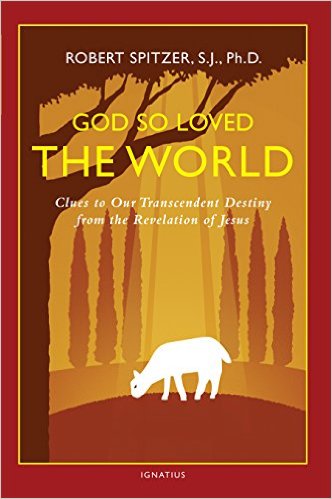 You can find the book here
You can find the book here
From the book description:
In this volume the brilliant Fr. Spitzer probes in detail the major question that if an intelligent Creator God – manifest in logical proofs, scientific evidence, and near death experiences – who is the source of our desire for the sacred, and the transcendental desires for truth, love, goodness, and beauty, would want to reveal himself to us personally and ultimately.
He then shows this is reasonable not only in light of our interior experience of a transcendent Reality, but also that a completely intelligent Reality is completely positive–implying its possession of a completely positive virtue – namely “love”, defined as agape.
This leads to the question whether God might be unconditionally loving, and if he is, whether he would want to make a personal appearance to us in a perfect act of empathy – face to face. After examining the rational evidence for this, he reviews all world religions to see if there is one that reveals such a God – an unconditionally loving God who would want to be with us in perfect empathy. This leads us to the extraordinary claim of Jesus Christ who taught that God is “Abba”, the unconditionally loving Father.
Jesus’ claims go further, saying that He is also unconditional love, and that his mission is to give us that love through an act of complete self-sacrifice. He also claims to be the exclusive Son of the Father, sent by God to save the world, and the one who possesses divine power and authority. The rest of the book does an in-depth examination of the evidence for Jesus’ unconditional love of sinners, his teachings, his miracles, and his rising from the dead. As well as the evidence for Jesus’ gift of the Holy Spirit that enabled his disciples to perform miracles in his name, and evidence for the presence of the Holy Spirit today.

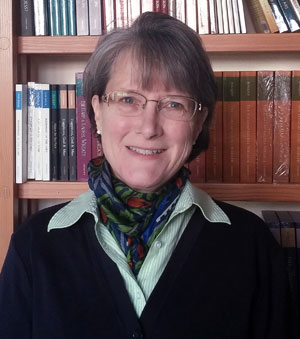
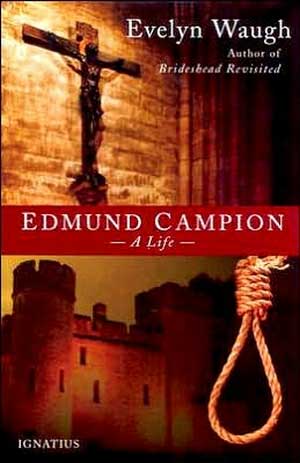 You can find the book
You can find the book 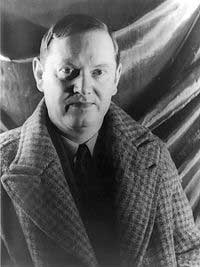
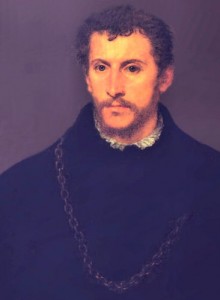
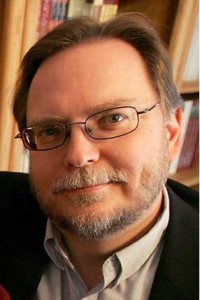 It’s great to be joined once again by Mark Brumley, this time to discuss “Knowing God: God and the Human Condition” (previously titled God and the Human Mind) authored by the great Catholic writer, teacher, and publisher Frank Sheed. Written in 1966 during the time of the Second Vatican Council, Sheed addresses the most challenging questions the human mind can pose about God, without presenting answers in dry academic way. Instead, because of his gifted writing style, he engages the reader with a desire to discover “mystery” in all its forms.
It’s great to be joined once again by Mark Brumley, this time to discuss “Knowing God: God and the Human Condition” (previously titled God and the Human Mind) authored by the great Catholic writer, teacher, and publisher Frank Sheed. Written in 1966 during the time of the Second Vatican Council, Sheed addresses the most challenging questions the human mind can pose about God, without presenting answers in dry academic way. Instead, because of his gifted writing style, he engages the reader with a desire to discover “mystery” in all its forms.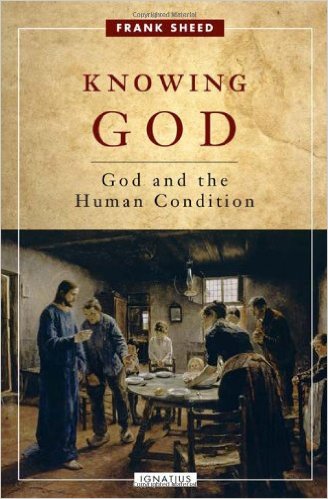
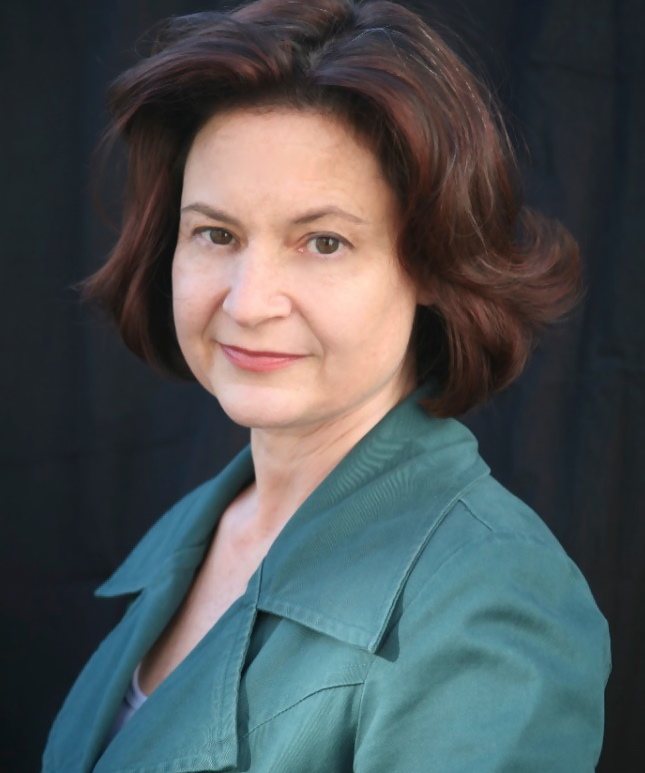 Mary Eberstadt delivers a compelling theory about the decline of the Christian religion in the Western world. By the analysis of data on the family, from pre-Revolutionary France to contemporary culture in the West, she demonstrates how the natural family is the prime nurturing force for Christianity in society. When that family structure dissolves, so does the Christian religion in a culture and the rise of secularization is fostered. While presenting the problem, she also offers hope for the future. Another fascinating and provocative read by Mary Eberstadt!
Mary Eberstadt delivers a compelling theory about the decline of the Christian religion in the Western world. By the analysis of data on the family, from pre-Revolutionary France to contemporary culture in the West, she demonstrates how the natural family is the prime nurturing force for Christianity in society. When that family structure dissolves, so does the Christian religion in a culture and the rise of secularization is fostered. While presenting the problem, she also offers hope for the future. Another fascinating and provocative read by Mary Eberstadt!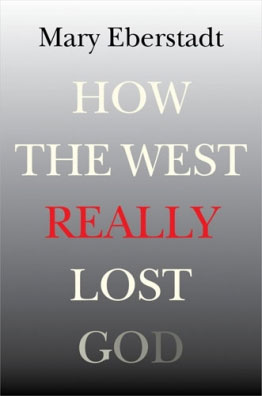
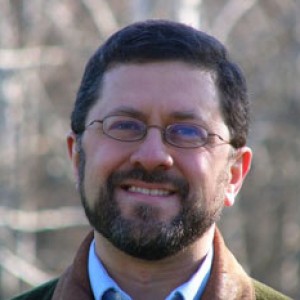 Thank you Mike Aquilina for complying an incredible book which explores “The World of Ben Hur”! One of the most popular Christian novels of all-time, “Ben Hur: A Tale of the Christ” was penned by Lew Wallace and has served as the basis for plays, television productions, and several film adaptations for over 100 years. The 1959 production starring Charlton Heston still holds up as one of the finest cinematic masterpieces of all time! Mike not only covers the background of the book, the compelling conversion of its author, and it’s place in our cultural experience, but he also offers us the historical facts of the era and the Christian experience. As always, Mike’s writing is compelling, thoughtful and inspiring. A fantastic addition to the Mike Aquilina library of books!
Thank you Mike Aquilina for complying an incredible book which explores “The World of Ben Hur”! One of the most popular Christian novels of all-time, “Ben Hur: A Tale of the Christ” was penned by Lew Wallace and has served as the basis for plays, television productions, and several film adaptations for over 100 years. The 1959 production starring Charlton Heston still holds up as one of the finest cinematic masterpieces of all time! Mike not only covers the background of the book, the compelling conversion of its author, and it’s place in our cultural experience, but he also offers us the historical facts of the era and the Christian experience. As always, Mike’s writing is compelling, thoughtful and inspiring. A fantastic addition to the Mike Aquilina library of books!
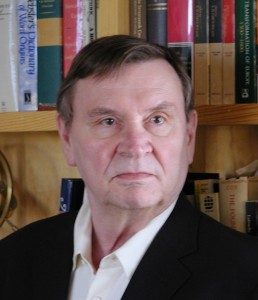 Once again, Dr. Rodney Stark, the author of the best-selling “The Rise of Christianity” brings clarity to history with his book “Bearing False Witness: Debunking Centuries of Anti-Catholic History“! A professor of social science and co-director of the Institute for Studies of Religion at Baylor University, Dr. Stark is a master of research and source analysis. With his eagle’s eye, he assess the landscape of history and systematically debunks anti-Catholic “myths” one after another. Whether he is untying the knot of the “Spanish Inquisition” or placing in proper perspective the motivation and actions of the Church in the various Crusades, he never fails to place before his readers an engaging presentation of the “truth”. He remains one of our all-time favorite guests and authors…take a listen!
Once again, Dr. Rodney Stark, the author of the best-selling “The Rise of Christianity” brings clarity to history with his book “Bearing False Witness: Debunking Centuries of Anti-Catholic History“! A professor of social science and co-director of the Institute for Studies of Religion at Baylor University, Dr. Stark is a master of research and source analysis. With his eagle’s eye, he assess the landscape of history and systematically debunks anti-Catholic “myths” one after another. Whether he is untying the knot of the “Spanish Inquisition” or placing in proper perspective the motivation and actions of the Church in the various Crusades, he never fails to place before his readers an engaging presentation of the “truth”. He remains one of our all-time favorite guests and authors…take a listen!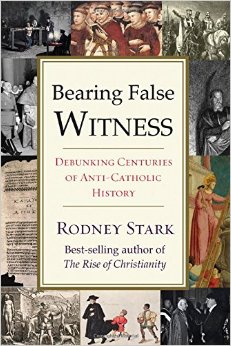
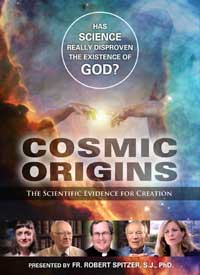 To learn more about this film and how you can arrange screenings for your parish or group go
To learn more about this film and how you can arrange screenings for your parish or group go 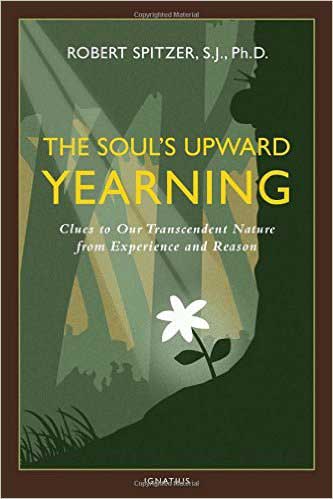

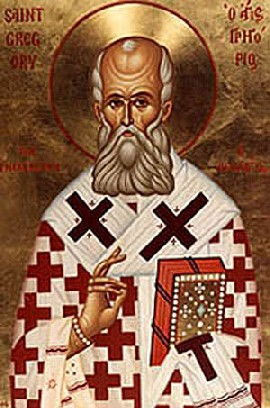
 As I found myself caught up in the history unfolding inside the pages of this incredible book, I found that author Steve Weidenkopf approached this subject in an incredibly balanced, engaging and thoughtful way. By far one of the best books I have ever read on the subject. Steve is a lecturer of Church History at the Notre Dame Graduate School of Christendom College and the creator and author of Epic: A Journey through Church History, an adult faith-formation program on the 2,000-year history of the Church. Meticulous researched (just check out the end notes), with little hint of any political agenda, Steve lets history stand on its own solid clear footing. Thank you Catholic Answers for this outstanding book!
As I found myself caught up in the history unfolding inside the pages of this incredible book, I found that author Steve Weidenkopf approached this subject in an incredibly balanced, engaging and thoughtful way. By far one of the best books I have ever read on the subject. Steve is a lecturer of Church History at the Notre Dame Graduate School of Christendom College and the creator and author of Epic: A Journey through Church History, an adult faith-formation program on the 2,000-year history of the Church. Meticulous researched (just check out the end notes), with little hint of any political agenda, Steve lets history stand on its own solid clear footing. Thank you Catholic Answers for this outstanding book!
